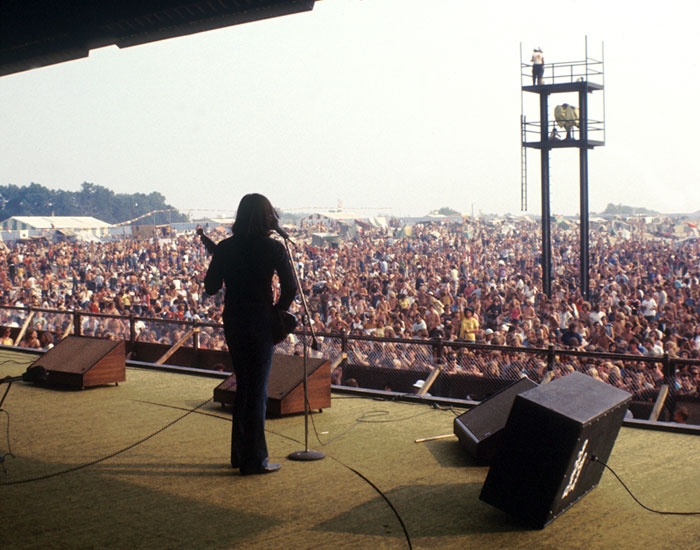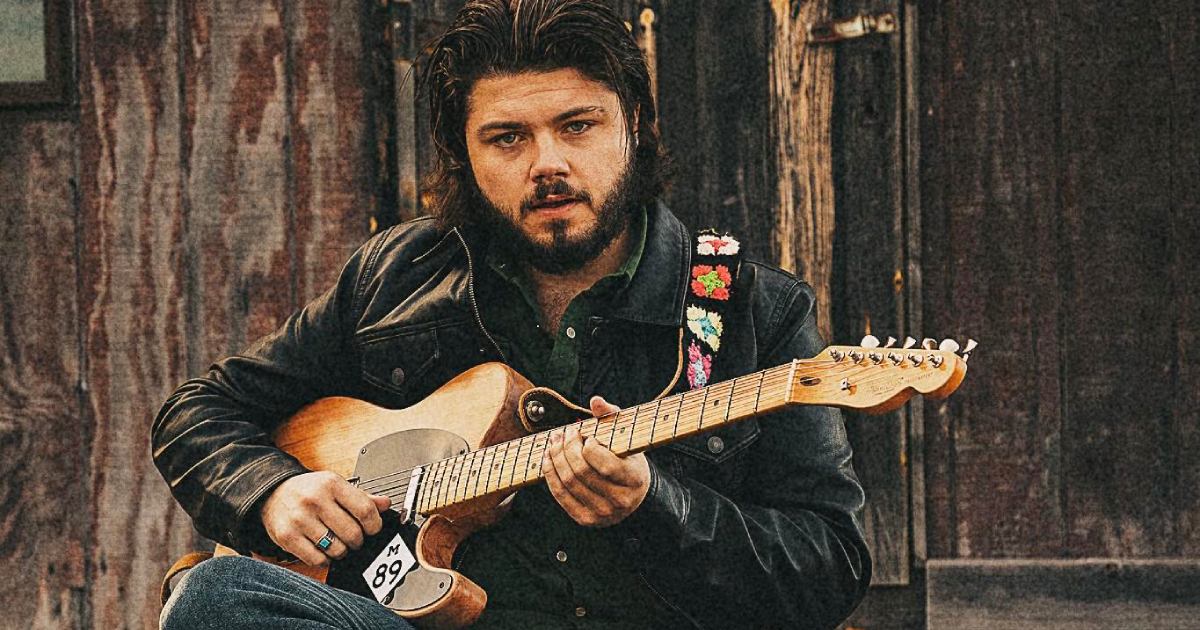In August 1970, Michigan hosted the mother of music festivals at Goose Lake in Leoni Township, a park 70 miles east of Kalamazoo.
The three-day orgy of music, drugs and, inevitably, sex, makes today’s tightly controlled, corporate-run music festivals look like a day at the mall, which is really what they are, given the non-stop product pitches and sponsorships.
Goose Lake was sponsored by drug dealers and headlined by bands that wore no ear plugs and put their amps on 11.
It was also a helluva good time.
“Musically, it was perfect, it couldn’t have been better to play there,” Mitch Ryder told a radio host at Detroit radio station WKNR the day after the bash. His band, Detroit, had played the night before. “There was this great PA system. You could hear a pin drop. And it had a revolving stage, so one band would finish and the next band would already be playing as the stage spun around. It was like playing on a merry-go-round.”
It was also “one massive, drug-saturated mess,” Bruce A. Barton, then county prosecutor, told a local newspaper. “Humanity gone wild, if you will.”
Goose Lake was Detroit’s answer to Woodstock and response to Altamont, a massive event hatched by Richard Songer, a wealthy Detroiter who had made big bucks in state contract construction. As part of his post-fortune investments, Songer, 35 at the time, bought 350 acres near Goose Lake. He wanted to build a park. He was convinced that his new property could be the perfect festival site.
He took his fleet of 20 haulers and construction trucks and developed a village. Russ Gibb, best known as the brains and energy behind managing and booking the fabled Grande Ballroom in Detroit, helped book the acts.
For $15, comparable to about $91 today, you got three days of access to a bill that included national acts Mountain, the James Gang, the Faces, Jethro Tull and the Flying Burrito Brothers. Local bands included the Stooges, Brownsville Station and Bob Seger.
Attendees were greeted with the usual offerings of the day once inside – open air drug markets, a large camping area and some concessions. In addition, there was a huge water slide, making Goose Lake a bit of an amusement park as well as a concert venue.
“I lied to my folks saying I was going to camp in Saugatuck,” said Pete Trappen, who was 15 at the time. He went in a hippie van, took some mescaline and slept in a tent, like so many of the others, which numbered between 60,000 and 200,000, depending on who you want to believe.
The media wrung its hands along with law enforcement about the public use of marijuana, but inside the grounds, a 400-person private security team hired by Gibb and his co-promoter Tom Wright kept things cool.
“They had this thing set up so well,” said Bobby Riggs, drummer for the Frost, which played the first day. “There were plenty of shower facilities, good drinking water. The band trailers were set up behind the stage. There were booths set up to sell drugs, with signs out advertising what they had.”
The Frost wasn’t on the flyer for the show, and in a 2011 interview, the late guitarist Dick Wagner told me he’d never played for 200,000 people before and “yes, there was a little bit of anxiety. But after the first note, it was great. You could have taken five bands off that bill, the local ones, and pulled 25,000 people on them alone.”
Goose Lake was also the last show for the original Stooges, coming a month after the band’s forever-influential Funhouse LP. Bassist Dave Alexander was already on his last legs in the band due to his increasingly erratic behavior. When he froze up onstage in a drunken haze, it was the end of his Stooges days.
“To the best of my recollection, I would say I fired him,” Iggy Pop says now. “On this particular show, he could not play one note on his bass. He just froze.”
There was plenty of competition on the festival scene that weekend and Goose Lake competed with the Strawberry Fields Festival 230 miles up the 401 in Toronto.
Some of the same groups at Goose Lake played Strawberry, including Mountain and 10 Years After, joining Alice Cooper, Procol Harum and Grand Funk Railroad.
What wasn’t competition was the Ann Arbor Blues Festival, held the same Aug. 7-9 weekend, which was saddled with an estimated $30,000 loss despite having blues legends Son House and Howlin’ Wolf on the bill.
In the wake of the festival, Michigan lawmakers vowed there would be no more rock festivals as long as there were drugs present, a major impossibility.
Laws were moved to prohibit such events, and then-Gov. William Milliken left his own rock ‘n’ roll legacy on the state, proclaiming, “I do not oppose rock festivals, but I do oppose and will fight drug abuse such as took place at Goose Lake.”
So far, that’s worked out pretty well, as there have been no known incidents of drug abuse at any rock concerts since.





